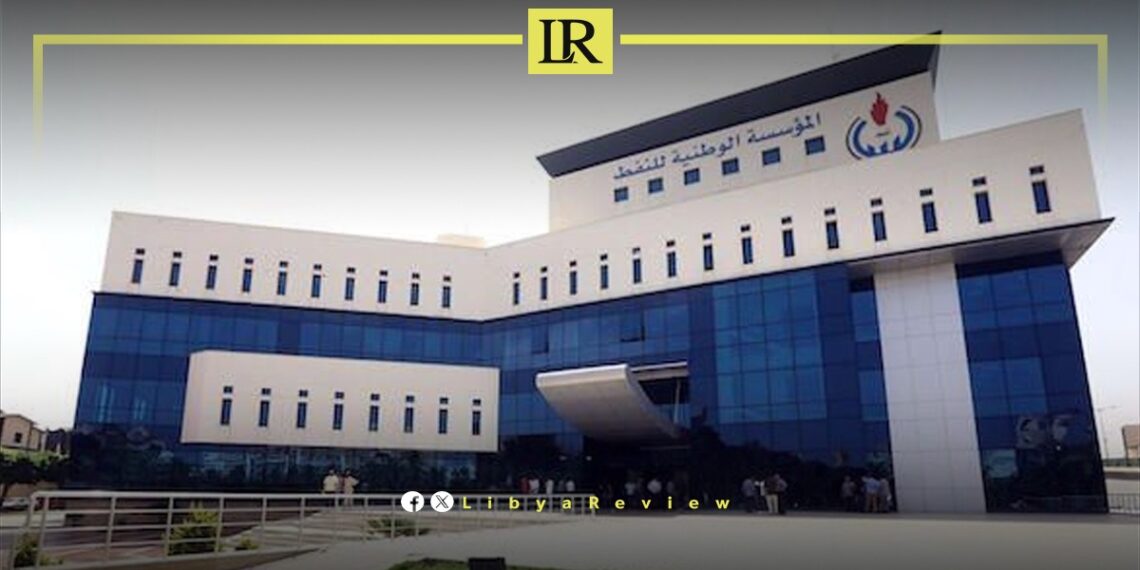On Sunday, the National Oil Corporation (NOC) of Libya announced that it has transferred $7.62 billion to the Central Bank of Libya (CBL) over the first five months of 2024. This substantial sum, generated from oil exports, underscores the vital role of the oil sector in sustaining Libya’s economy.
The transfers were executed through 11 separate transactions between January and May.
In January, $1 billion was transferred on the 28th, followed by $500 million on February 11, and another $1 billion on February 20. March saw a series of transfers totaling $2 billion, with $500 million transferred on the 4th, 14th, 28th, and 31st. In April, $1 billion was transferred on the 24th.
May’s transactions included $1.172 billion on the 15th, $750 million on the 29th and $200 million on the 30th.
April alone witnessed oil revenues amounting to 1.37 billion Libyan dinars, highlighting the critical importance of oil exports to Libya’s economy. The NOC’s efforts in maintaining steady oil production are crucial in a country where oil revenues form the backbone of GDP and foreign exchange earnings.
Despite these significant revenues, Libya’s oil sector faces numerous challenges. Political instability, infrastructure issues, and fluctuating global oil prices pose ongoing risks. Additionally, the equitable distribution of oil revenues remains a contentious issue, often fueling political and social tensions.
Libya has been in chaos since a NATO-backed uprising toppled longtime leader Muammar Gaddafi in 2011. The county has for years been split between rival administrations.
Libya’s economy, heavily reliant on oil, has suffered due to the ongoing conflict. The instability has led to fluctuations in oil production and prices, impacting the global oil market and Libya’s economy.
The conflict has led to a significant humanitarian crisis in Libya, with thousands of people killed, and many more displaced. Migrants and refugees using Libya as a transit point to Europe have also faced dire conditions.
The planned elections for December 2021 were delayed due to disagreements over election laws and the eligibility of certain candidates. This delay has raised concerns about the feasibility of a peaceful political transition.
Despite the ceasefire, security remains a significant concern with sporadic fighting and the presence of mercenaries and foreign fighters. The unification of the military and the removal of foreign forces are crucial challenges.


